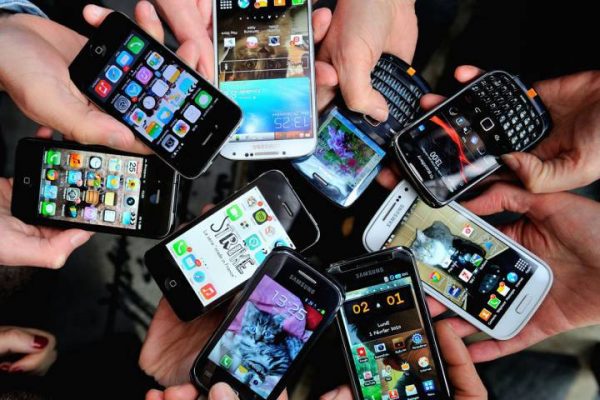
In the ever-evolving world of smartphones, the importance of battery life cannot be overstated. Users depend on their smart devices for various tasks throughout the day, making a reliable battery a necessity.
While the issue of overcharging smartphones has received attention in recent times, the impact of the quality of the chargers on smartphone battery health has been underplayed.
In today’s world, smartphones have become indispensable tools that demand reliable battery performance. Paying attention to the often overlooked aspect of smartphone charging can make a significant difference in battery health.
These are some of the reasons smartphone users should pay attention to the quality of chargers they use to charge their phones:
Charger challenge
A phone software engineer, Olaleye Morenikeji, told The PUNCH that choosing the right charger and adopting charging habits can extend battery life.
Olaleye’s advice rings true when it comes to selecting the right charger for our smartphones. The charger that comes with the device or a reputable brand’s charger is specifically designed and tested to be compatible with the phone’s battery.
However, many users are lured by the prospect of cheaper alternatives, opting for uncertified and inferior chargers. It may seem harmless initially, but it can lead to severe consequences over time.
Fake chargers
He said using low-quality chargers exposes smartphones to the risk of battery damage. These uncertified chargers often lack the necessary safety features present in official chargers, leading to voltage fluctuations, overheating, and potential short circuits.
Over time, such detrimental effects can degrade the battery’s performance and overall health, leading to reduced capacity and quicker drain.
Olaleye’s advice to opt for official or reputable chargers and embrace regular, slow charging practices lays the foundation for prolonging battery life.
“It is always better to even leave your phone to be at 10 per cent before you can start charging your phone. This practice can help prolong the battery life and overall performance of your smartphone,” hesaid.
Fast charging: Convenience vs battery health
The convenience of fast charging is undeniable, allowing users to quickly recharge their devices on the go. However, relying on fast charging exclusively may come at a cost to the battery’s long-term health.
Fast charging generates more heat and stresses the battery, which can accelerate the aging process. Consequently, a balanced approach is key.
To ensure the longevity of a smartphone battery, adopting a regular charging routine at a slower rate is recommended, Olaleye says.
While it may take slightly longer to charge the device, the battery is subjected to less stress, resulting in a more stable and sustained performance over time.
This gentle approach minimises the risk of overheating and chemical degradation, ultimately extending the battery’s lifespan.
“It is always better to even leave your phone to be at 10 per cent before you can start charging your phone. This practice can help prolong the battery life and overall performance of your smartphone,” the engineer remarked.
Power outages
The Energy Progress Report 2022 exposed Nigeria’s grim reality in terms of electricity access.
With a staggering 92 million people lacking access to power out of a population of over 200 million, the country faces significant challenges in ensuring the well-being of its citizens.
An iPhone user, Emeka Orji, highlighted the impact of frequent power outages and insufficient electricity supply on daily life, businesses, and economic growth.
To cope with the uncertainty, many individuals carry power banks, enabling them to charge their phones regardless of electricity availability.
“It is always better to even leave your phone to be at 10 per cent before you can start charging your phone. This practice can help prolong the battery life and overall performance of your smartphone,” he told The PUNCH.
However, users should exercise caution and avoid overcharging even when using power banks, as it can still negatively affect battery health.
Balancing convenience, battery health
According to Olaleye, the quest for an ideal charger and charging habit is about striking a balance between convenience and battery preservation.
“When in need of a quick charge, fast charging can be employed on occasion, especially during emergencies. However, for daily use, regular charging at a slower rate should be the preferred option to safeguard the battery’s health,” he concluded.





